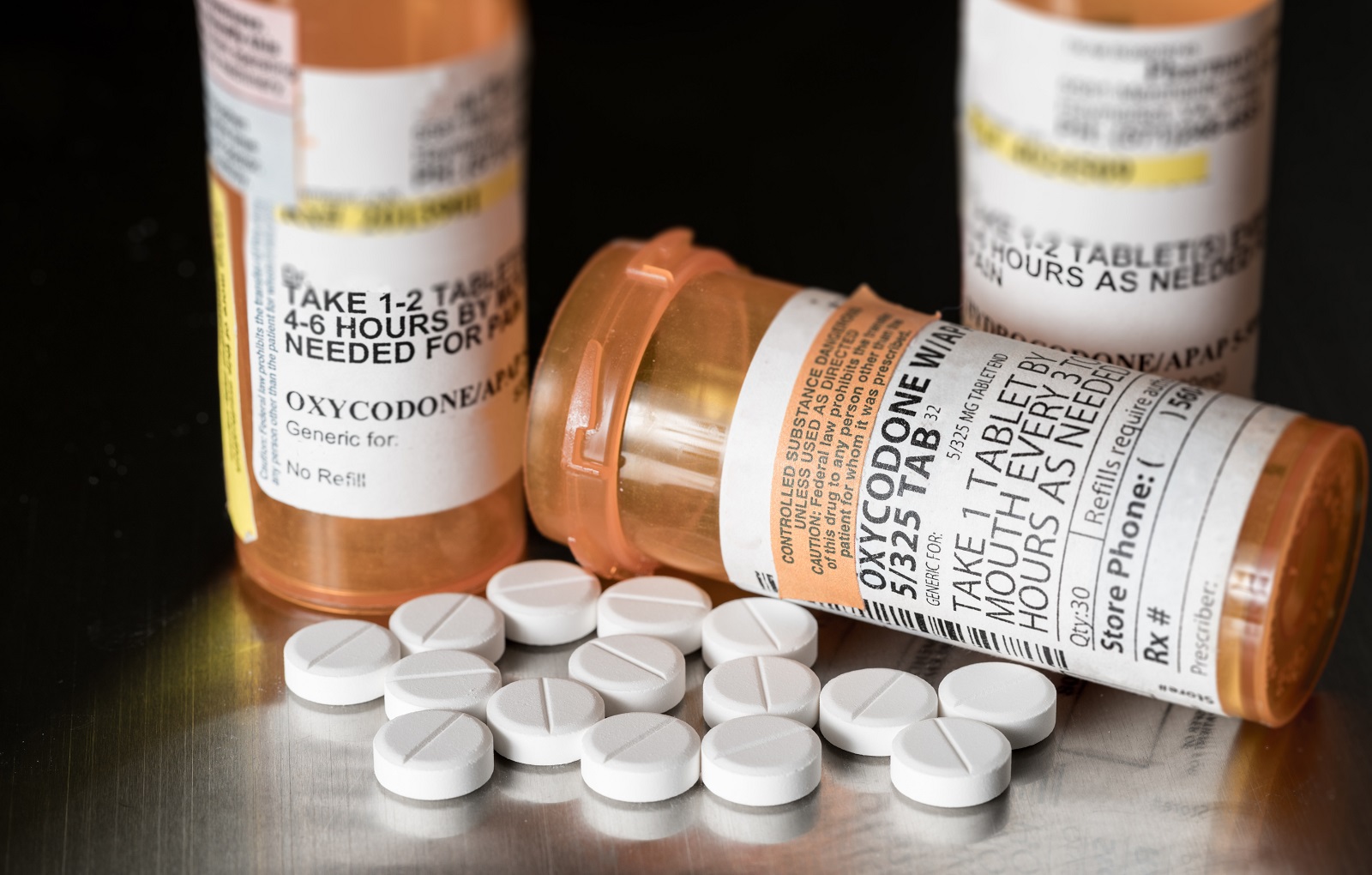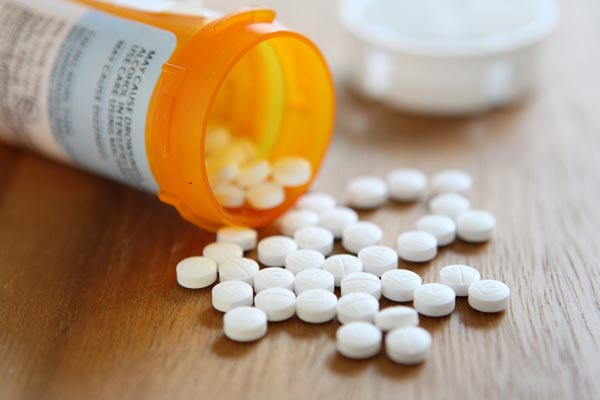How to Tell if a Loved One Is Using Fentanyl: Signs Families Miss
Fentanyl has reshaped the opioid crisis in the United States. In 2024 – 2025, fentanyl-laced counterfeit pills caused a record number of overdose deaths, many involving young adults and individuals who had no idea they were taking fentanyl at all. Families often miss the early signs, especially when a loved one appears high-functioning or is trying to hide their use.
Recognizing fentanyl use early is critical. Because fentanyl is up to 100 times stronger than morphine and now commonly mixed with xylazine (“tranq”), methamphetamine, benzodiazepines, and unknown contaminants, even one accidental exposure can be fatal.
If you suspect that a loved one may be using fentanyl, this guide outlines the clinical, behavioral, and environmental signs to look for, as well as when to seek professional help through a structured program like our Partial Hospitalization Program (PHP) or Intensive Outpatient Program (IOP).
Why Fentanyl Is So Dangerous in 2025
Most fentanyl found today is illicitly manufactured and pressed into counterfeit pills that look identical to real medications. These pills are widely sold on social media, through dealers, and on the street. Because production is unregulated, one pill may contain lethal fentanyl levels while another contains none.
In 2023 – 2024, the CDC reported that synthetic opioids, primarily fentanyl, were involved in more than 75,000 overdose deaths. The actual number is projected to rise again in 2025.
Signs a Loved One May Be Using Fentanyl
The following signs often appear before families recognize a fentanyl problem. Some are subtle. Others are sudden. If several of these apply, it is important to seek clinical guidance immediately.
1. Sudden, unexplained changes in mood or behavior
- Periods of deep sedation followed by alertness
- Falling asleep suddenly (“nodding off”)
- Anxiety, irritability, or agitation between episodes
- Secrecy or withdrawal from family
2. Physical signs of opioid intoxication
- Pinpoint pupils (very small pupils)
- Slowed or shallow breathing
- Slurred speech
- Extreme drowsiness or difficulty staying awake
- Confusion or trouble concentrating
3. Missing medications or counterfeit pills
You may notice pills that look like:
- M30 oxycodone “blue pills” (most common counterfeit form)
- Xanax bars
- Adderall or other stimulants
These may not be the real medication, even if they look convincing.
4. Drug paraphernalia
Common items associated with fentanyl use include:
- Foil with burn marks
- Straws or hollowed pens (for smoking)
- Pill crushers or powder residue
- Nasal devices or rolled bills
5. Financial or behavioral instability
- Sudden financial issues or unexpected spending
- New risky social circles
- Unexplained disappearances or absences
- Loss of interest in responsibilities
6. Withdrawal symptoms when not using
Fentanyl withdrawal begins 8 to 48 hours after last use and may include:
- Chills, sweating, nausea, vomiting
- Diarrhea and stomach pain
- Anxiety and restlessness
- Muscle aches and insomnia
- Severe cravings
More withdrawal detail: Can Addiction Kill Me?
Why People Hide Fentanyl Use
Most fentanyl use does not start with the intention of addiction. Many people were originally prescribed opioids, took a pill from a friend, or tried a counterfeit pill without knowing it contained fentanyl. Shame, fear, and stigma often prevent them from speaking up.
Should You Confront a Loved One?
If you suspect fentanyl use, confrontation without support can backfire. Instead:
- Speak privately when the person is calm
- Use nonjudgmental language (“I’m worried about your safety”)
- Avoid accusations or threats
- Offer help rather than punishment
You can also involve a mental health professional or call our admissions team for guidance: Contact Heights Treatment.
When to Seek Professional Help
If your loved one shows any of the following, they may require urgent treatment:
- Overdose signs: blue lips, slow breathing, unresponsiveness
- Using pills from unverified sources
- Severe withdrawal symptoms
- Mixing opioids with alcohol, benzos, or stimulants
- Unable to stop using on their own
Professional support dramatically improves safety and recovery outcomes. Heights Treatment offers structured, evidence-based programs designed to stabilize individuals struggling with fentanyl or synthetic opioid use:
- Partial Hospitalization Program (PHP)
- Intensive Outpatient Program (IOP)
- Outpatient Program (OP)
- Substance Use Disorder Treatment
How Heights Treatment Can Help
Our multidisciplinary team provides comprehensive support for fentanyl addiction, including trauma therapy, psychiatric care, medication-assisted treatment support, and individualized recovery planning. We also offer services for co-occurring anxiety, depression, and trauma—conditions commonly linked to opioid use.
If you are worried a loved one may be using fentanyl, we are here to help. Contact our team to learn more about treatment options and next steps.
Sources
- CDC: Synthetic Opioids Overdose Data, 2024
- NIDA: Fentanyl DrugFacts, 2024
- SAMHSA: Opioid Use Disorder Clinical Guidance, 2023





